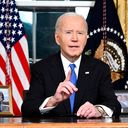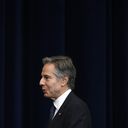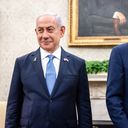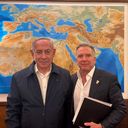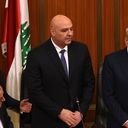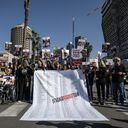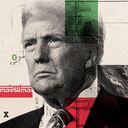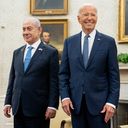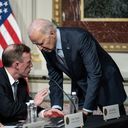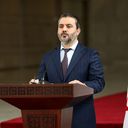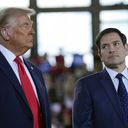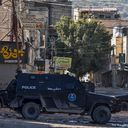How two feuding presidents combined to get a Gaza deal
It took two presidents who can't stand each other to make a deal between Israel and Hamas.
- President-elect Trump swiftly claimed the victory for himself on Wednesday, while President Biden retorted sharply when a reporter asked if he or Trump really deserved the credit: "Is that a joke?"
Why it matters: Officials from the U.S., Israel and Qatar tell Axios the deal to free the hostages and end 15 months of war wouldn't have been possible without unprecedented coordination between their administrations.
- While Biden laid out the parameters of this deal all the way back in May and spent months pushing the parties to agree to it, Trump's public and private involvement "was the 10 cents missing for the dollar," one U.S. official told Axios.
- Both Israel and Hamas had far more incentive to sign on once they knew it was a deal with the incoming president, not just the outgoing one, another official acknowledged.
Flashback: After Trump's election victory, Biden and his team set a Gaza deal as their key foreign policy goal for the remaining 10 weeks in the White House.
- When Biden met Trump in the Oval Office a few days later, he proposed that they work together on a deal.
- The president-elect agreed, and decided he wanted an agreement before his inauguration.
- Biden's national security adviser Jake Sullivan and his top Middle East adviser Brett McGurk started meeting with their successors on the Trump team, Mike Waltz and Steve Witkoff, to coordinate their efforts.
- The ceasefire reached between Israel and Hezbollah in late November also provided new hope for a Gaza deal, and left Hamas more isolated than ever. "The ceasefire agreement in Lebanon was where the hostage deal really started," an Israeli official said.
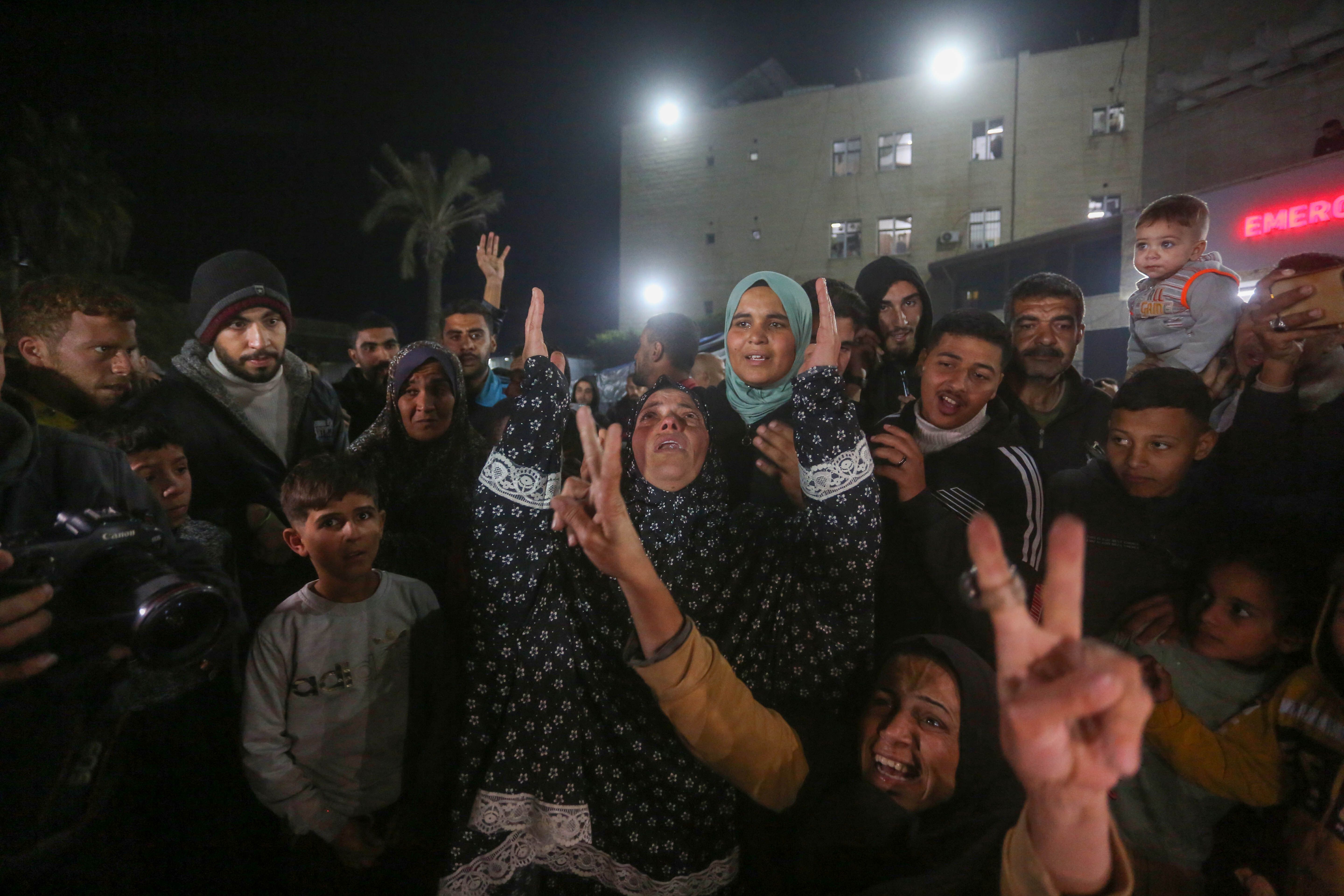
The intrigue: On Dec. 2, Sen. Lindsey Graham (R-S.C) went to Mar-a-Lago for a round of golf with Trump. "I told him that if he issues a statement about the hostages in Gaza it will be a big deal," Graham told Axios.
- Trump agreed and started dictating to his press team. The resulting Truth Social post said that if the hostages were not freed by Jan. 20, "There will be ALL HELL TO PAY in the Middle East, and for those in charge."
- That created a sense of urgency for the Qatari and Egyptian mediators, but also for Netanyahu, sources familiar with the talks say.
Several days later, Sullivan and McGurk travelled to Israel and met Netanyahu. The Prime Minister told them he wanted a deal on Trump's timeline.
- Sullivan, McGurk and CIA director Bill Burns all traveled to Doha to launch a final push for a deal.
- But Mohammad Sinwar, who succeeded his brother as Hamas' military leader in Gaza, refused to budge, and the gaps remained wide. U.S. officials also remained skeptical of Netanyahu's willingness to deal after he walked back promises and moved goalposts at previous points in the talks.
- As McGurk returned home for Christmas, it looked like the window for getting a deal before Trump assumed office was closing.
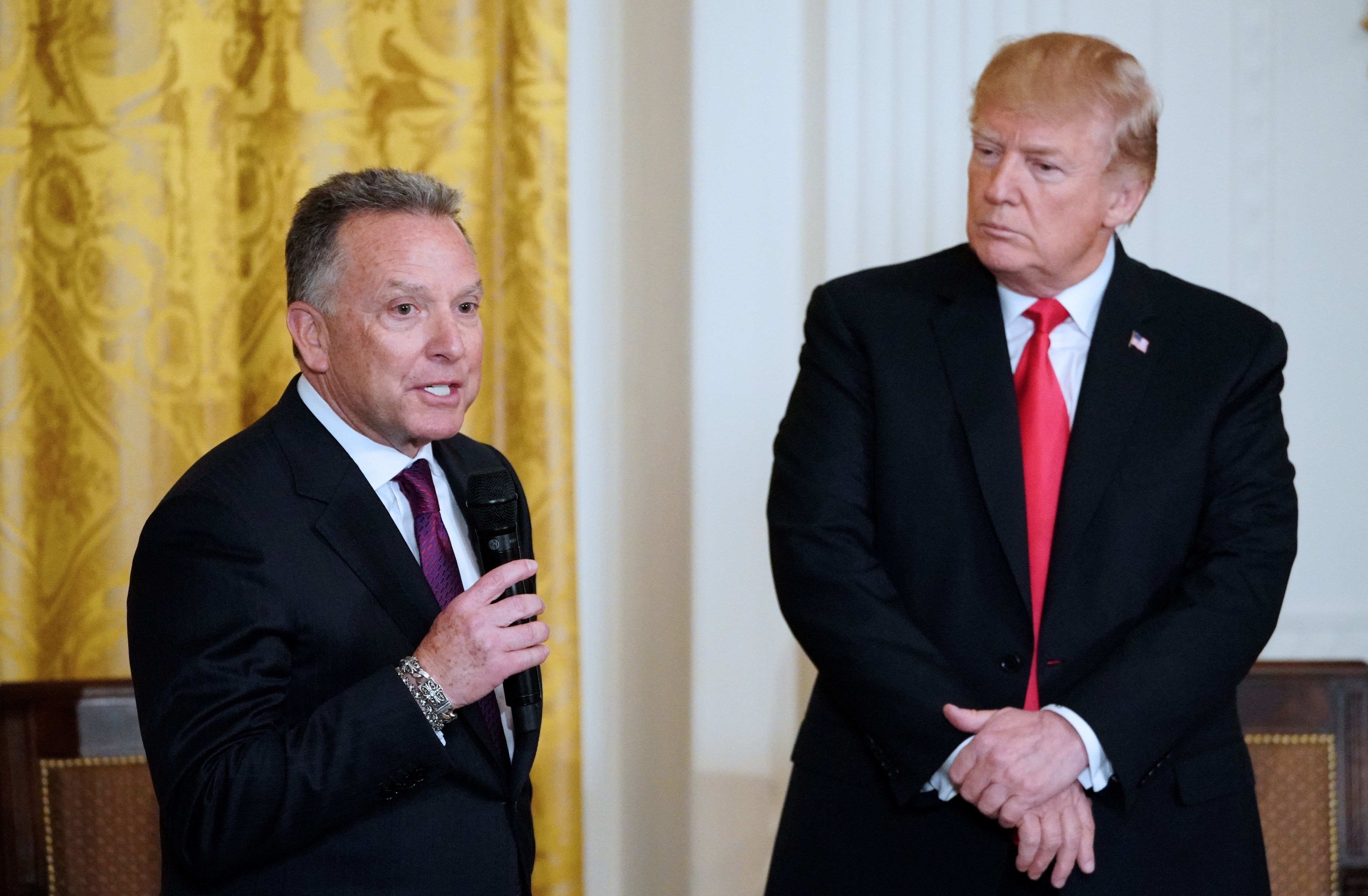
Trump decided to dispatch Witkoff to the region after talks picked back up in the New Year and began to show some momentum.
- "The president is exasperated," Witkoff, a real estate investor and Trump confidante, said at a press conference at Mar-a-Lago two days before he travelled to Doha.
- "If these hostages aren't back by the time I get into office, all hell will break out in the Middle East — it will not be good for Hamas or anybody else," Trump warned once again.
- McGurk later told Trump's envoy the time was ripe and his push was needed.
Zoom in: In meetings after his arrival last Friday, Witkoff stressed to the Qatari prime minister that Trump wanted a deal and expected the mediators to push Hamas to make one.
- He told Netanyahu: "Trump is serious about this deal, don't ruin this," according to a source briefed on their conversation.
- Witkoff also asked Netanyahu to send in more senior officials to negotiate, with a mandate to close the deal, the source said. Netanyahu agreed.
- Later that evening, Witkoff joined a meeting between Netanyahu and his chief negotiators. McGurk also dialed in. Over the next hour, the envoys from the two administrations probed the areas on which the Israelis were willing to be flexible.
What they're saying: An Israeli official told Axios that was an unprecedented moment in the U.S.-Israel relationship, and credited Witkoff for injecting "Trump momentum" into the meeting.
- "Witkoff played a crucial role in the negotiations over the last few days, applying pressure from Trump. It was an X-factor," another Israeli official said.
- Graham told Axios that all the players involved understood that Witkoff speaks for Trump. "People in the region don't want to start on a bad foot with Trump," he said.
Behind the scenes: From Israel, Witkoff traveled back to Doha and joined McGurk for 96 hours of intense diplomacy.
- In another unusual step for representatives of successive administrations, the two met together with Qatari Emir Sheikh Tamim bin Hamad al-Thani.
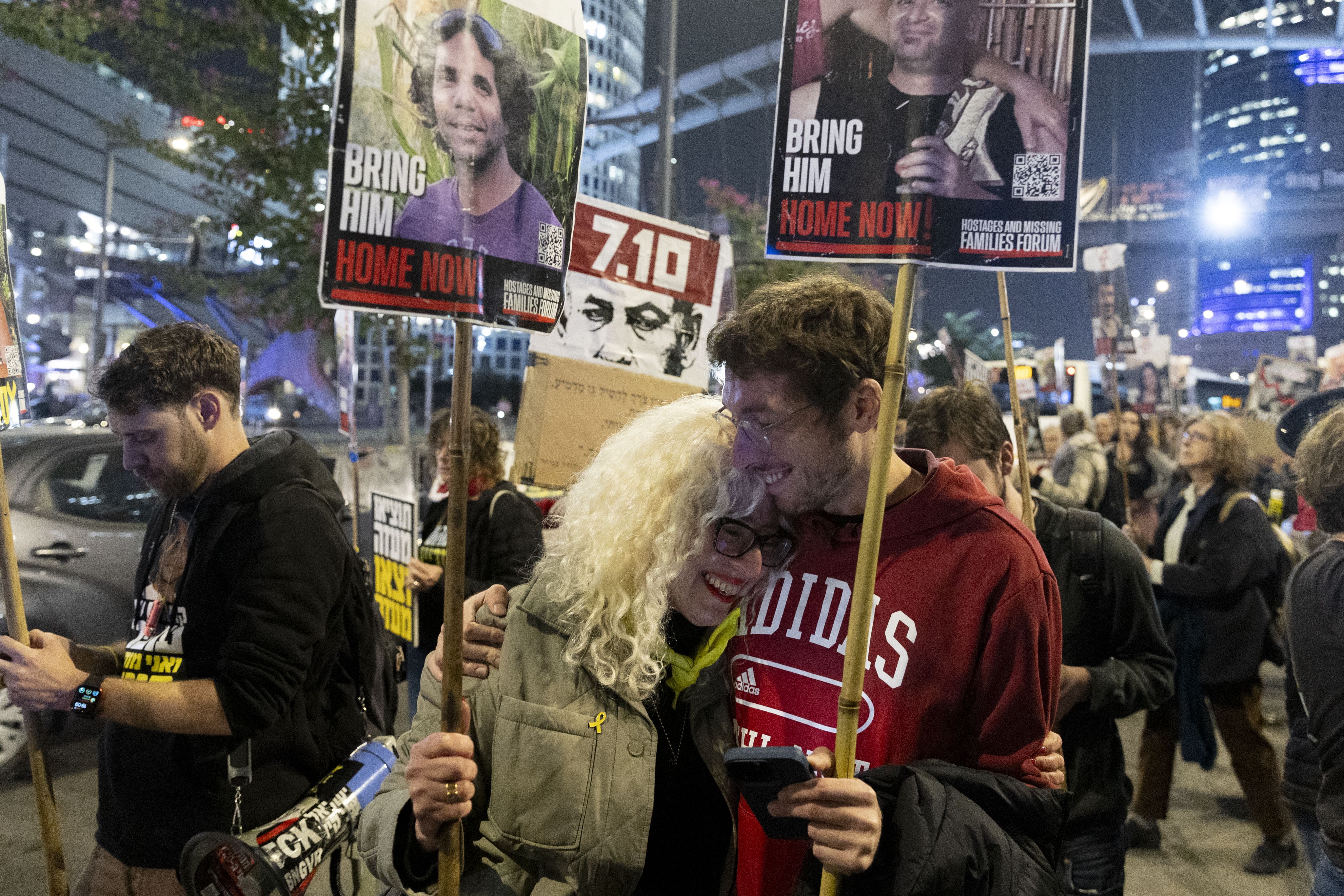
Behind the scenes: The final sprint in the negotiations took place at a Qatari government official residence. Hamas representatives were on the first floor with the Israelis on the second and the Qatari and Egyptian mediators shuttling between them.
- Negotiations dragged on until 3am each night and resumed in the morning after a few hours of sleep, a U.S. official said.
- Issue after issue was closed: The redeployment of Israeli forces; what Hamas must do during the ceasefire; the delivery of humanitarian aid; the sequencing of hostage and prisoner releases.
- On Wednesday morning, Hamas raised three new demands, according to a U.S. official. "We had to flex a muscle to get them to back off, and we did," the official said.
That afternoon local time, Hamas came back for a meeting with the Qatari and Egyptian mediators and gave its official positive response. "Only then we were sure we have a deal," the U.S. official said.
- The Qatari prime minister made the announcement: "We saw two U.S. administrations working together... what the U.S. did led to this moment."
- Next, Netanyahu called Trump and thanked him for his help in getting the deal. Only then did he call to thank Biden.
